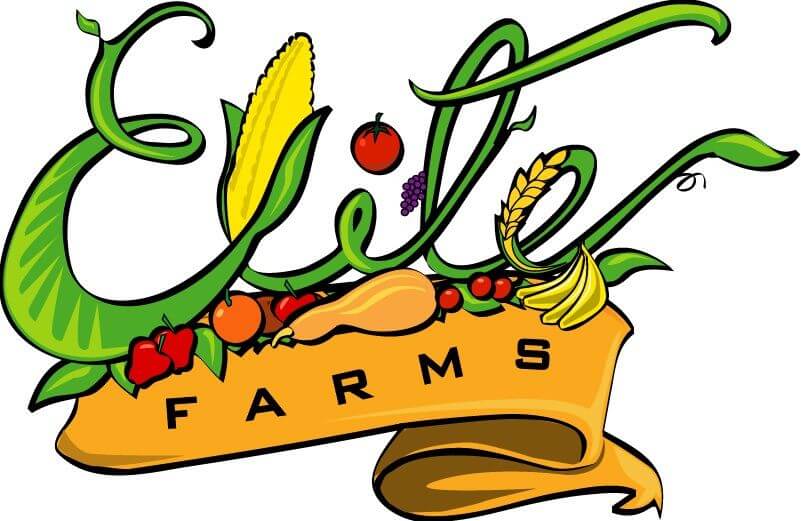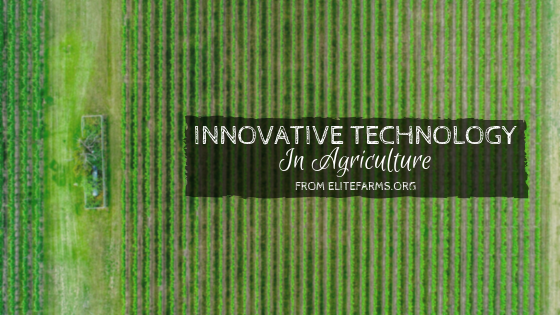The global agriculture industry is worth well over $2.4 trillion and is crucial to the global economy in addition to being essential to public health. In this technological age, research has focused on developing agricultural practices that are targeted at making farming easier, cost-effective, and more profitable. Here are some important technologies that have found their way into the agricultural and farming sectors.
Internet of Things
Internet of Things enables interconnectivity of different agricultural automation devices that are crucial in farming. Devices that are powered by intelligent microchips are used to monitor various aspects of agricultural farming such as soil moisture levels, weather stations, irrigation pumps, and water meters. An Internet of Things of such devices enables accurate and timely sharing of information, thereby enabling autonomous farming practices.
This automation comes in handy in cases where, for instance, scarcity of rainfall detected in weather stations is relayed to the water pumps which then pump water through the irrigation pipes until the soil moisture achieves an appropriate level.
Irrigation control
Irrigation of vast pieces of agricultural land can be quite hard to achieve without proper automation. Irrigation control systems rely on an array of sensors mounted on the soil and weather stations. Such information is relayed to a central mobile app from which farmers can make crucial decisions to pump water and irrigate their farms remotely at the touch of a button.
Drone technology
Remotely controlled highly mobile drones have been developed capable of covering thousands of acres of farmland from a suitable height where farmers can remotely monitor their crops. Such drones, equipped with high-resolution cameras, relay back to farming stations crucial information relating to crop health. The use of drones in farming can also be enhanced by mounting of various sensors capable of detecting crop health, the presence of pests and rodents, as well as being able to accurately detect and diagnose certain plant diseases.
Blockchain processing technology
Digital data processing and information sharing concepts have greatly enhanced agricultural farming today. The inception of the concept of agricultural blockchain is enabling farmers to rely on technological revolutions in the agricultural sector elsewhere. Farmers can, for instance, publish crop data online which can then be acted upon by farmers with advanced crop laboratory technology. The information processed can then be sent back and used as a basis for making crucial farming decisions.
Technological advancements have proven beneficial for all fields, especially the agriculture industry. By improving methods of planting, growing, and harvesting crops, these advances in technology are working to improve the industry.

